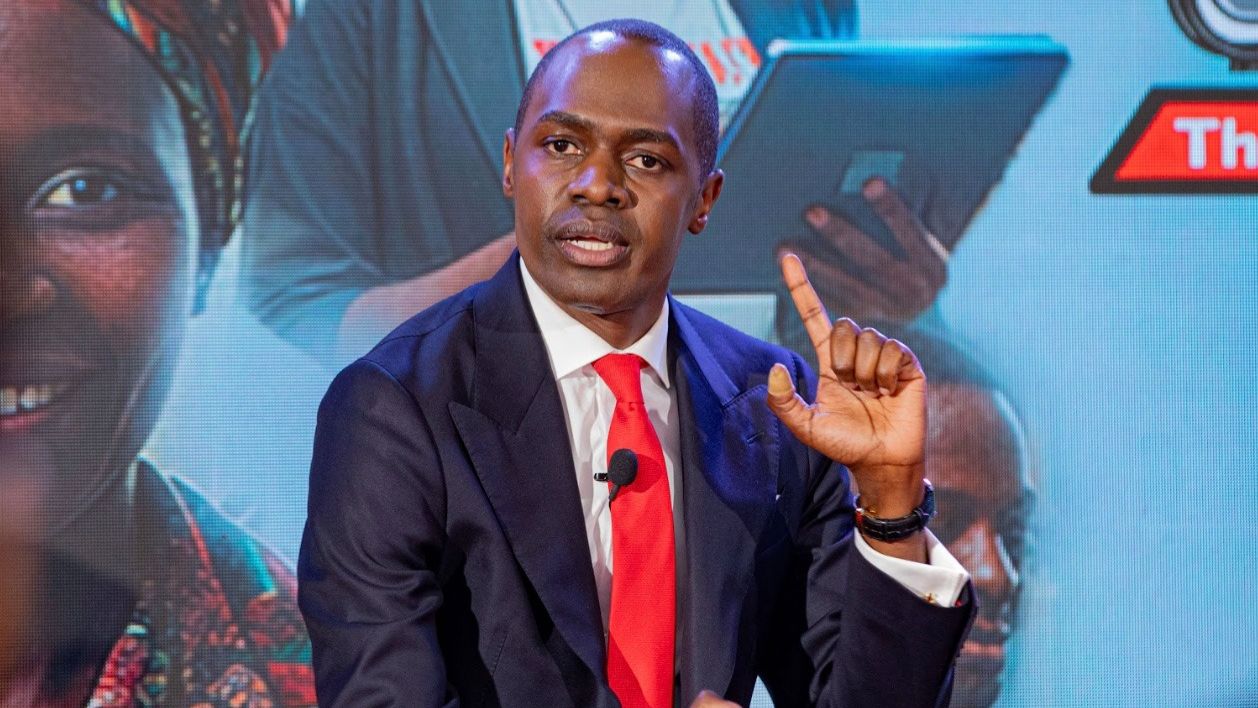Kenyans living in marginalized regions will soon be able to receive their national ID cards within just three days, following intervention by the Ministry of Interior.
In a statement on Wednesday, July 16, Interior Cabinet Secretary Kipchumba Murkomen announced the successful piloting of a Mobile Live Capture Unit (MLCU).
The CS explained that the unit is a portable, battery-powered machine that captures and transmits ID applicant data for fast processing.
"I assessed the piloting of the Mobile Live Capture Unit, a portable battery-powered machine that captures data of ID applicants and relays it electronically for processing. After testing, the machines will be deployed to marginalized counties," he said.
Murkomen assured that once fully rolled out, they will dramatically reduce the time it takes to obtain a national identification card.
Read More
"Applicants registered through this system will receive their ID cards in three days," he confirmed.
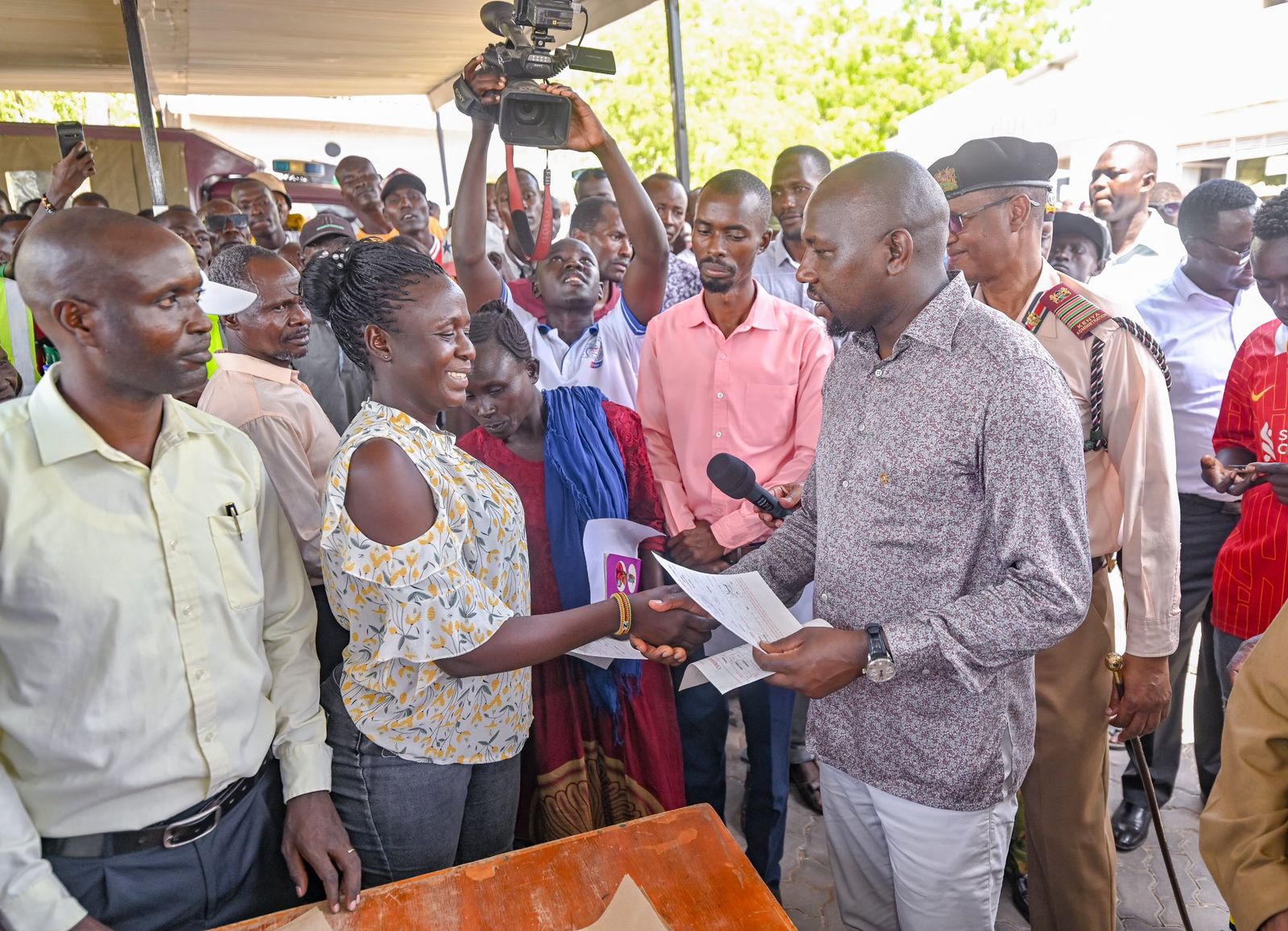
The intervention targets marginalized counties, which include Turkana, Garissa, Mandera, Kilifi, Wajir, Taita Taveta, Marsabit, Isiolo, Samburu, Lamu, West Pokot, Tana River, Narok, and Kwale.
Murkomen stated that in Turkana County, the lack of access to IDs is dire, noting that close to 400,000 people don't have ideas.
"Many pastoral communities in Kenya have difficulties accessing essential government services. In Turkana County, for example, close to 400,000 people of adult age don't have IDs," he revealed.
The new intervention comes months after President William Ruto signed a decree scrapping the vetting process for IDs in the North Eastern region.
Speaking in Wajir County on Wednesday, February 5, Ruto said the move is set to address historical discrimination against communities in the area.
"If it’s about vetting, let all children of Kenya be vetted equally without any discrimination. We want the people of Northern Kenya to feel equal to the rest of the country," he said.
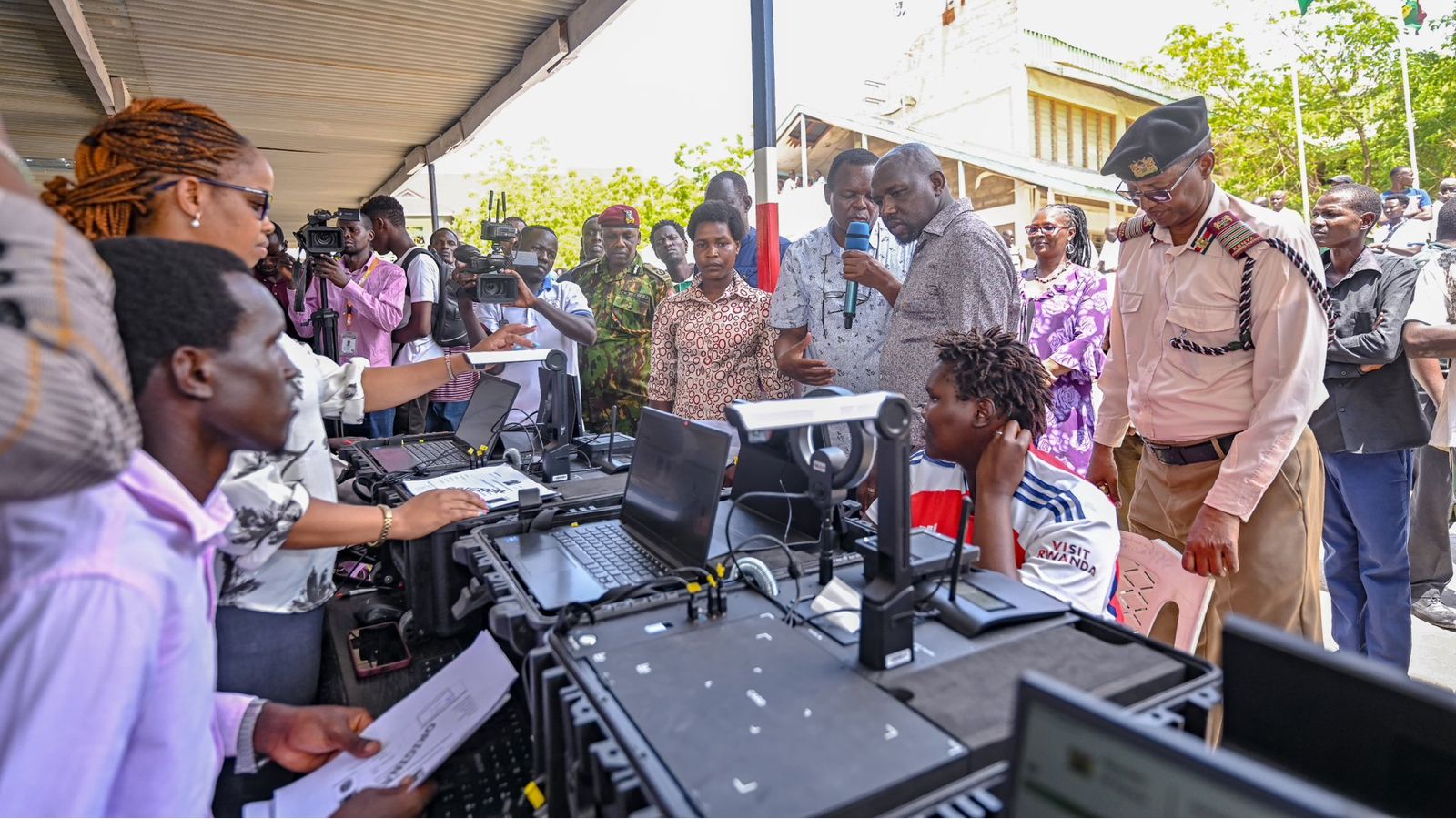
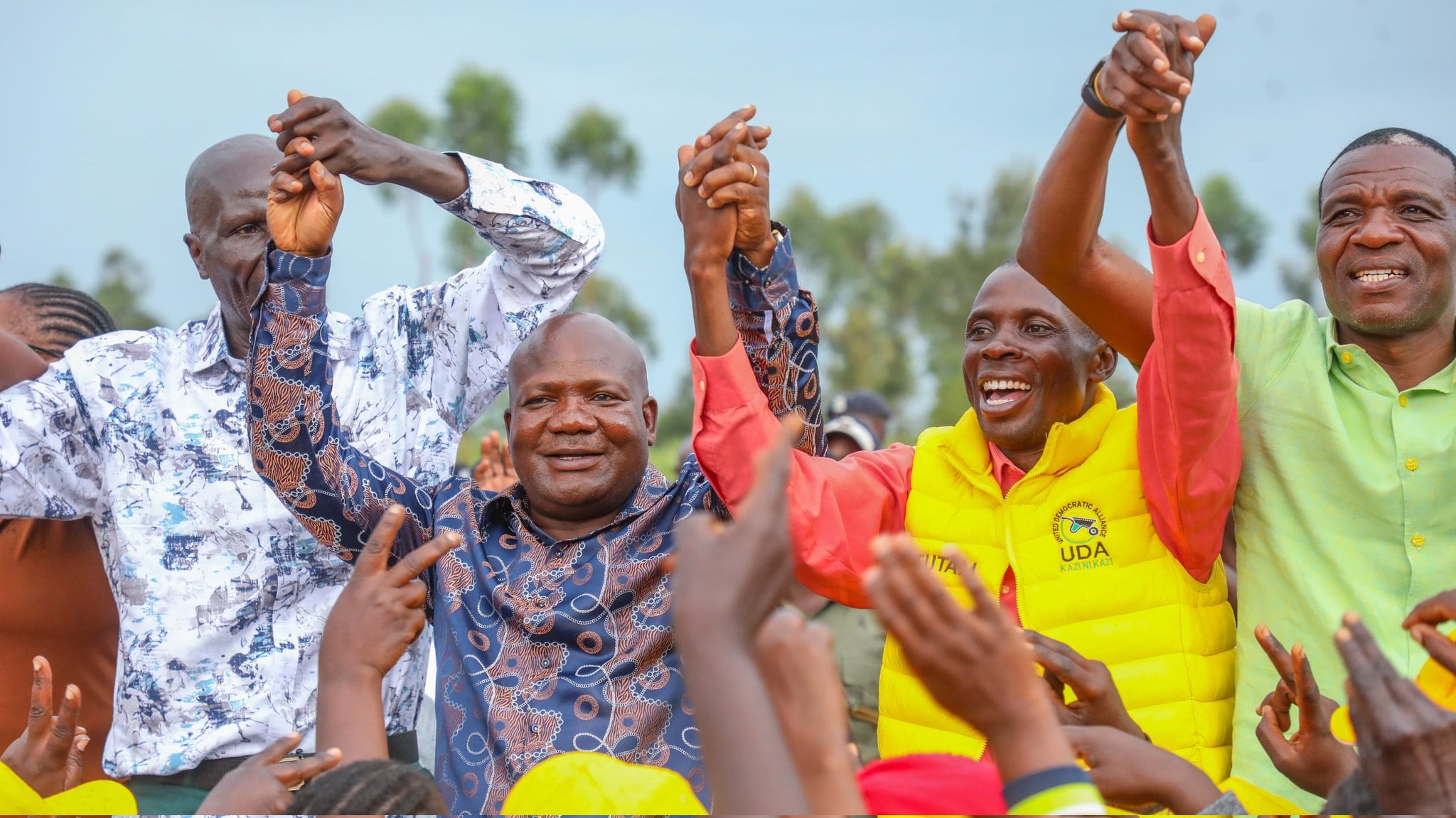
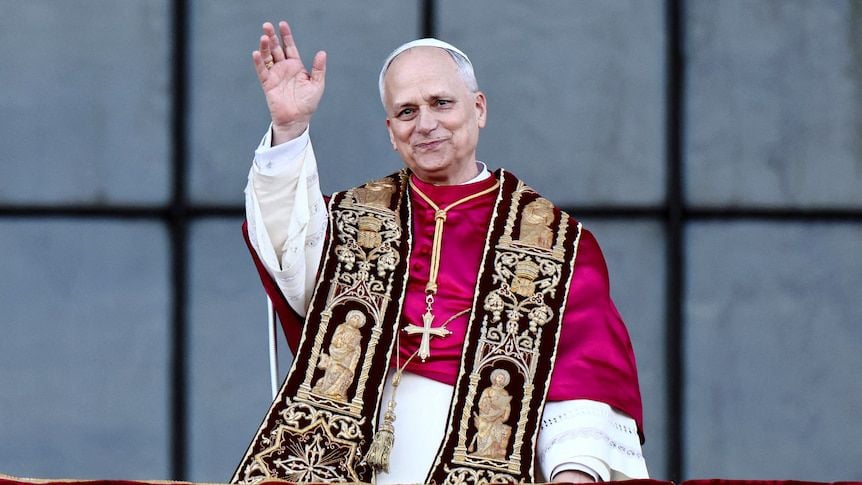
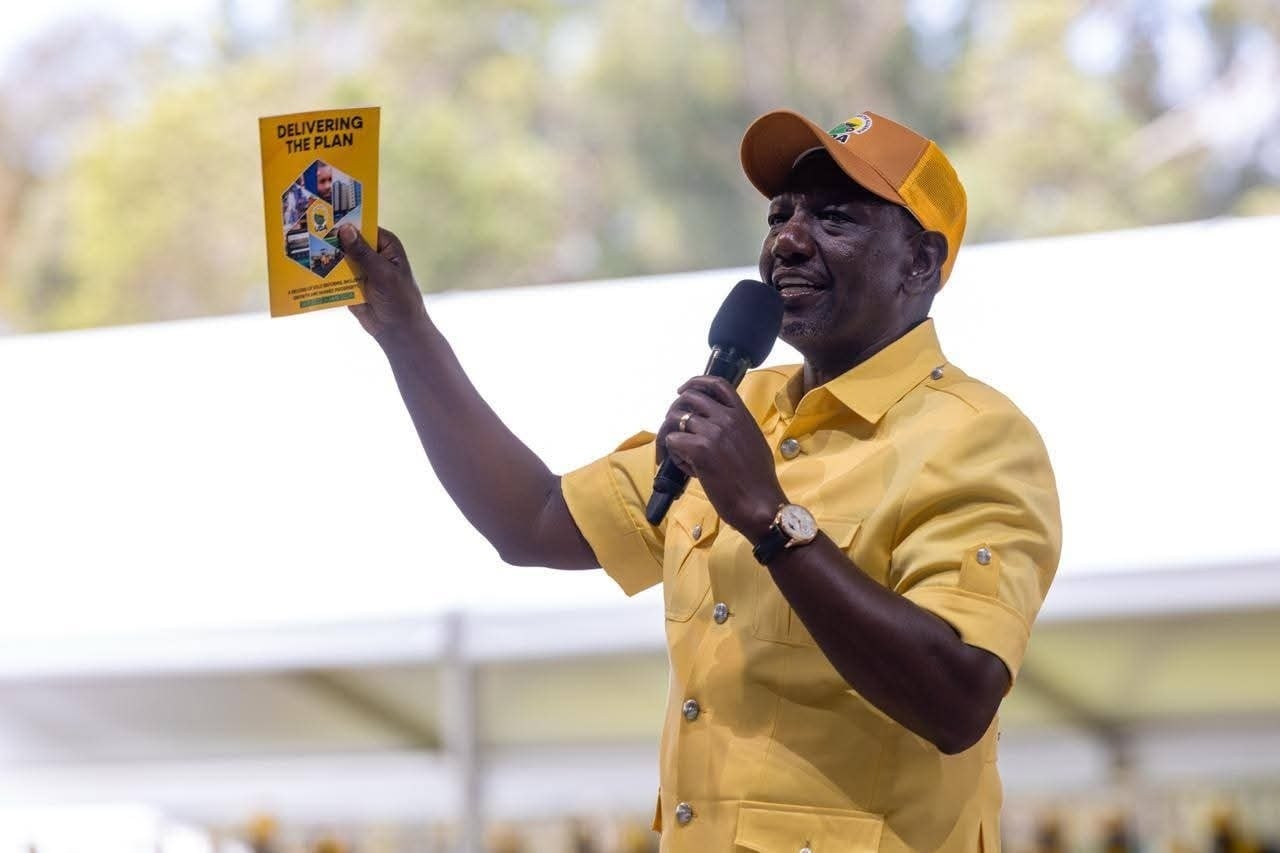
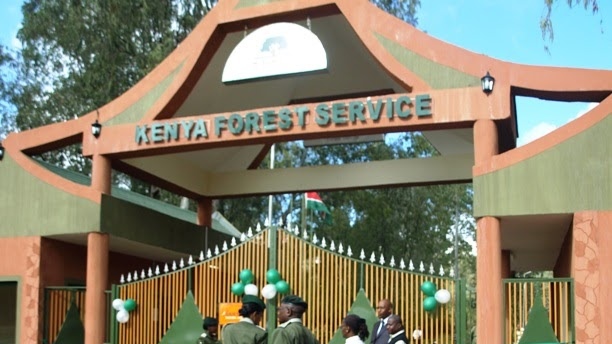
-1772171798.jpg)
-1772168561.png)
